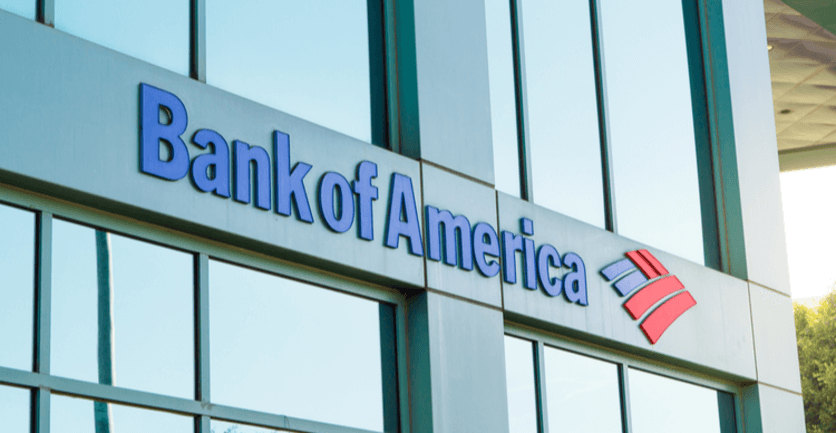
- The banking sector might embrace crypto funds if clearer guidelines are in place
- Crypto could be one other kind of cost like Visa and Mastercard, stated Brian Moynihan
- A brand new crypto process power goals to supply a “clear regulatory framework for crypto assets”
Bank of America’s CEO stated the US banking business will embrace crypto funds if clearer guidelines are in place from regulators.
In an interview with CNBC on the World Economic Forum in Davos, Switzerland, Brian Moynihan stated that every one banks ship cash digitally these days. He added that if guidelines are available in and crypto funds are made “real,” then “the banking system will come in hard on the transactional side of it.”
“If you go down the street here and you go in and buy lunch, right, if you can pay with Visa, Mastercard, a debit card, Apple Pay, etc., this would just be another form of payment,” the BoA CEO stated.
To date, US banks have been cautious about providing retail crypto companies, as an alternative specializing in offering institutional merchandise akin to spot Bitcoin exchange-traded funds (ETFs).
Changes underneath a Trump administration?
Moynihan’s feedback come as President Donald Trump began one other time period within the White House earlier this week.
During his election marketing campaign, Trump indicated a pro-crypto stance and has since appointed a number of pro-crypto candidates to varied authorities positions.
Introducing a new crypto task force “dedicated to developing a comprehensive and clear regulatory framework for crypto assets” might give banks the push they should enter the house.
Speaking to CoinJournal, Tom Kiddle, co-founder of Palisade, a French-regulated digital asset custodian backed by Ripple, said: “So far, the country has done little to advance a clear crypto regulatory framework. However, Trump’s nomination of pro-crypto Paul Atkins could mark the dawn of a new era for the sector.”
When requested about crypto akin to Bitcoin as an funding choice throughout the interview, Moynihan kept away from answering, stating that matter was “really a separate question.”


